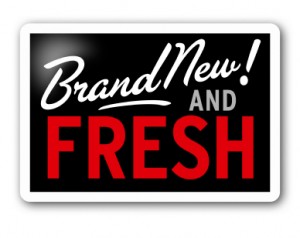Years ago, comedian Steve Martin gave us an easy formula for making a million dollars without paying tax. "First . . . ya get a million dollars." Then, when the tax man comes to your door and says you never paid taxes, just tell him "I forgot!" That's a great plan, assuming you can get your hands on the million bucks and you're willing to take your chances with the tax man. But what about those of us who don't have a million dollars and those of us who remember we have to pay taxes? Are there better ways for getting that tax bill down to zero?
ago, comedian Steve Martin gave us an easy formula for making a million dollars without paying tax. "First . . . ya get a million dollars." Then, when the tax man comes to your door and says you never paid taxes, just tell him "I forgot!" That's a great plan, assuming you can get your hands on the million bucks and you're willing to take your chances with the tax man. But what about those of us who don't have a million dollars and those of us who remember we have to pay taxes? Are there better ways for getting that tax bill down to zero?
The Washington-based Tax Policy Center estimates that a full 46% of Americans pay no federal income tax. And those non-payers represent a surprisingly broad cross section of Americans. Over 10% of them report incomes over $50,000. And in 2008, there were 18,783 who earned over $200,000 and owed no federal income tax. So, how do they do it?



